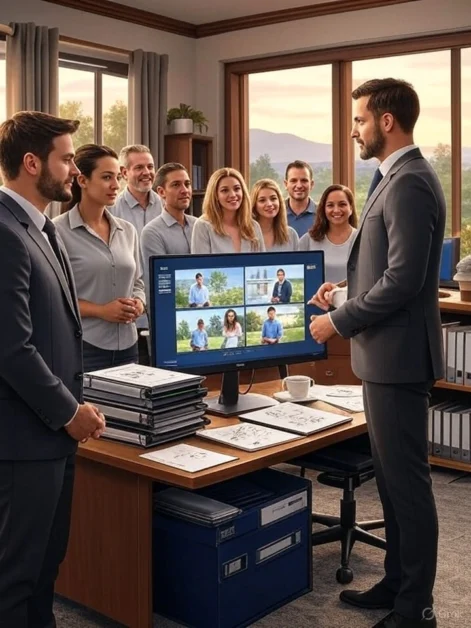How Do Educational Videos Demystify Personal Injury Claims for Clients
Individuals facing personal injury situations frequently ask, “How can educational videos help me understand my legal rights and the claims process?” The answer lies in the transformative power of visual learning to break down complex legal concepts into digestible, accessible information that empowers clients to make informed decisions about their cases. Unlike traditional legal consultations […]
Read More
